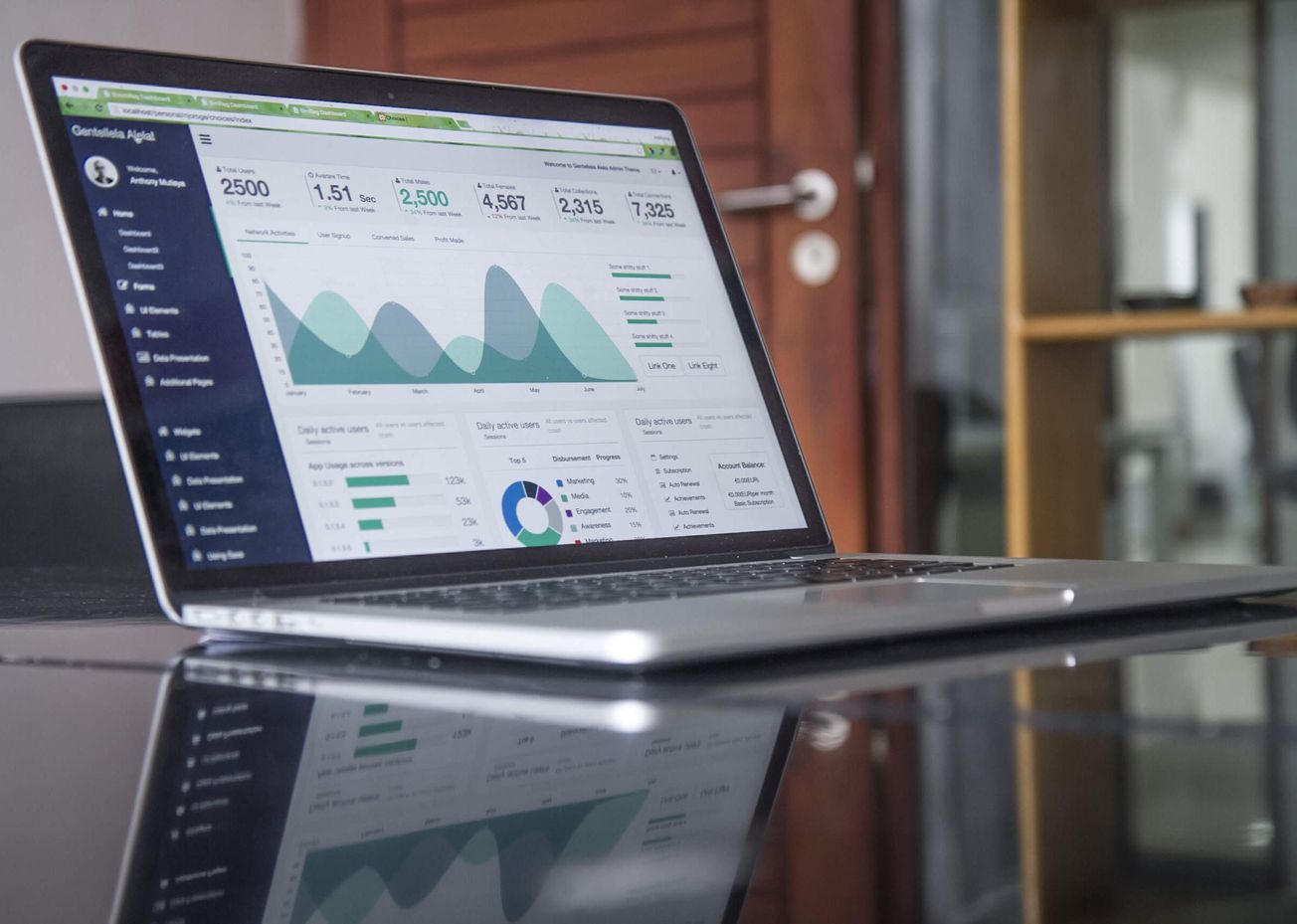In today's rapidly evolving business landscape, staying ahead of the technological curve is crucial for success. Businesses that embrace and leverage the latest tech trends often find themselves in a favorable position to drive growth, increase efficiency, and boost profitability. In this article, we'll explore some of the most profitable tech trends that businesses should consider.
- Artificial Intelligence (AI) and Machine Learning: AI and machine learning have taken the business world by storm. These technologies are not only transforming industries but also offering substantial financial benefits. AI-powered automation can streamline routine tasks, enhance customer experiences, and drive cost savings. Machine learning algorithms analyze vast datasets, uncovering valuable insights for decision-making. Businesses that incorporate AI and machine learning into their operations can expect increased efficiency, reduced operational costs, and better predictive capabilities.
- Cloud Computing: The cloud has become an integral part of modern business operations. With the flexibility and scalability it offers, cloud computing enables businesses to adapt to changing demands swiftly. Cloud solutions also reduce the need for extensive in-house IT infrastructure and maintenance, leading to significant cost savings. Additionally, cloud-based services can facilitate remote work and collaboration, which is increasingly important in today's business environment.
- Internet of Things (IoT): IoT is all about connecting physical devices and objects to the internet, creating a vast network of interconnected data sources. Businesses are finding numerous applications for IoT, from optimizing supply chains and monitoring equipment to enhancing customer experiences through smart products. By utilizing IoT, companies can gather real-time data for analysis and make data-driven decisions that lead to improved productivity and profitability.
- Cybersecurity: As technology advances, so do the threats to digital security. Cyberattacks can be costly, not only in terms of direct financial losses but also in damage to a company's reputation. As a result, businesses are investing more in robust cybersecurity measures. Protecting sensitive data and ensuring the security of digital assets is not only good practice but can also save companies from potential financial disasters.
- E-commerce and Online Marketplaces: The pandemic accelerated the shift toward e-commerce, and this trend is here to stay. Businesses that have a strong online presence, efficient e-commerce platforms, and seamless customer experiences can capture a significant share of the digital market. By embracing e-commerce, companies can expand their reach, reduce operating costs, and increase sales, ultimately boosting profitability.
- 5G Technology: The rollout of 5G networks promises faster and more reliable internet connectivity. This technology opens up new possibilities, especially in sectors like telecommunications, manufacturing, and healthcare. Faster internet speeds and reduced latency enable the development of innovative applications, such as remote surgery, autonomous vehicles, and smart cities. Businesses that capitalize on 5G technology can create new revenue streams and stay competitive in a rapidly changing market.
- Blockchain Technology: Blockchain is not just about cryptocurrencies; it has a wide range of applications in various industries, such as supply chain management, finance, and healthcare. Its decentralized and secure nature can reduce fraud, streamline processes, and improve transparency. Companies adopting blockchain technology can enhance trust and efficiency in their operations, ultimately leading to financial benefits.
- Data Analytics: In the era of big data, companies that can effectively analyze and derive insights from their data are at a clear advantage. Data analytics tools enable businesses to make data-driven decisions, identify trends, and improve operations. These insights can lead to cost reductions, better-targeted marketing efforts, and increased revenue.
In conclusion, the business landscape is constantly evolving, and staying abreast of profitable tech trends is essential for success. Embracing technologies like AI, cloud computing, IoT, cybersecurity, e-commerce, 5G, blockchain, and data analytics can lead to increased profitability, improved efficiency, and enhanced competitiveness. Businesses that strategically invest in and leverage these technologies are well-positioned for a prosperous future in an increasingly digital world.








